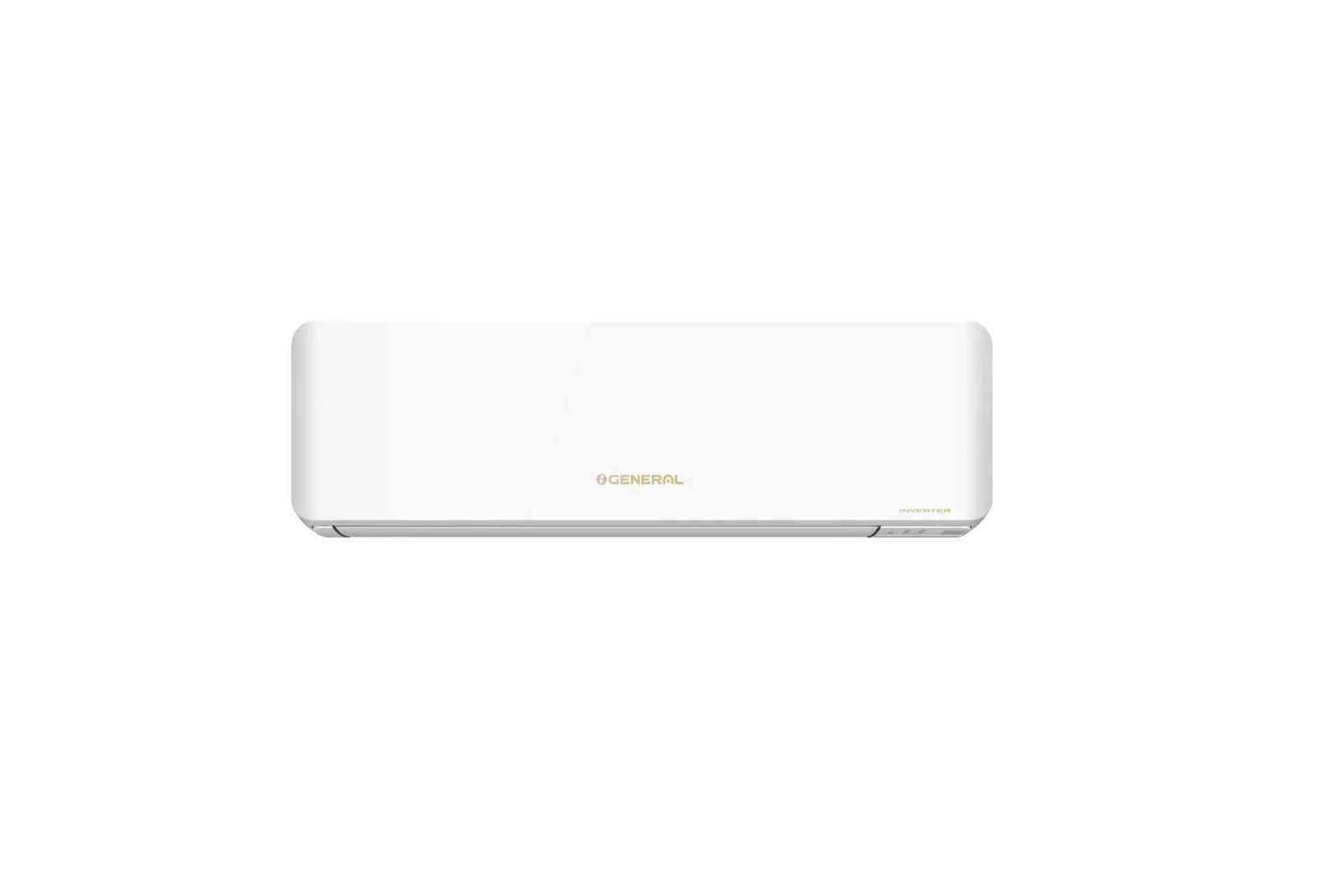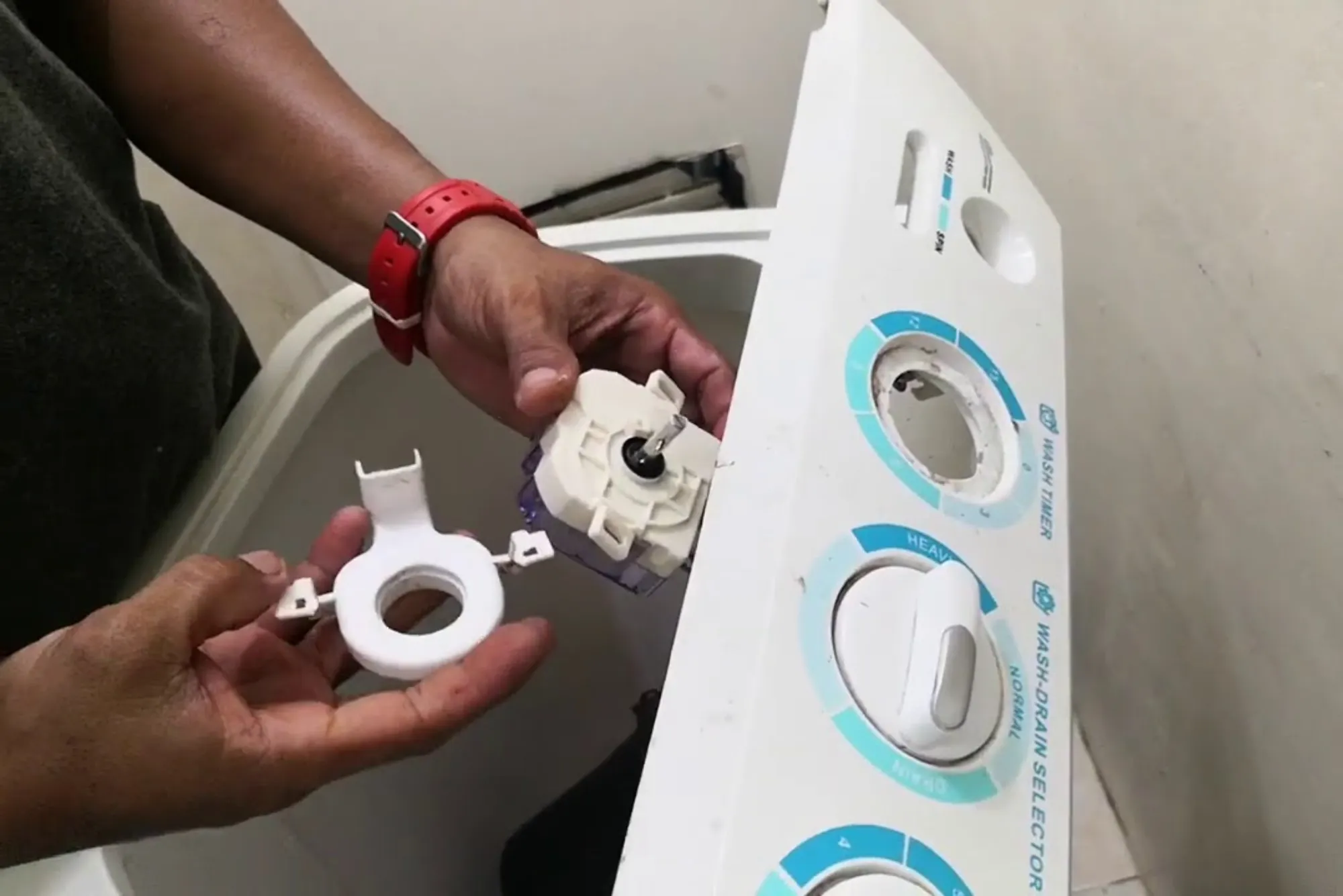Buying a home in Dubai is a big step, and it all starts with the right mortgage. Whether you’re a first-time buyer, long-time expat, or UAE national, knowing what to prepare ahead of time will make the entire process smoother and less stressful.
This guide walks you through a complete checklist of everything you need to apply for a mortgage in Dubai, along with a few helpful tips to boost your chances of approval. Let’s dive in.
Are you eligible for a mortgage in Dubai?
Before gathering paperwork, it’s important to confirm if you qualify for a mortgage. Each lender has slightly different criteria, but here are the basics:
Minimum income:
- AED 10,000/month for salaried residents is a common threshold.
- Higher requirements may apply for self-employed individuals.
Age limits:
- Most banks require borrowers to be between 21 and 65 years old (or retirement age at the end of the loan).
Employment status:
- Salaried individuals should have a stable job (typically 6+ months in current role).
- Self-employed individuals should show at least 2 years of business history.
Residency:
- UAE residents have more options than non-residents, but some banks still offer mortgages to overseas buyers.
Credit score:
- A healthy AECB credit score is essential. Late payments or high debt can reduce your chances of approval.
Pro tip: You can check your mortgage payments using a mortgage calculator in UAE, just input your income and property price to see what the monthly payments would look like.
Mortgage pre-approval checklist
Getting a pre-approval before you go property hunting helps you set a clear budget and makes your offer more attractive to sellers.
Here’s what you’ll need to submit for pre-approval:
For salaried employees:
- Copy of passport (with visa page)
- Emirates ID
- Salary certificate (dated within the last 30 days)
- Last 6 months of payslips
- Last 6 months of personal bank statements
For self-employed individuals:
- Copy of trade license and MOA (Memorandum of Association)
- Company bank statements for the past 6–12 months
- Latest audited financials (if available)
- Passport, visa, and Emirates ID copies
For everyone:
- Completed mortgage application form
- Recent credit report from AECB (Al Etihad Credit Bureau)
- Proof of down payment (typically 20–25% of property value)
- Details of any existing loans or credit card debt
Property-related documents you’ll need
Once your pre-approval is in place and you’ve found a property, here’s what comes next:
- MOU (Memorandum of Understanding): A contract signed between you and the seller.
- Title deed: Proof of ownership from the Dubai Land Department (for ready properties).
- Oqood certificate: Issued for off-plan properties (instead of a title deed).
- Valuation report: Arranged by the bank to confirm the property’s market value.
- Reservation form: If you’re buying directly from a developer.
These documents are typically submitted after you’ve paid a booking deposit.
Additional requirements for expats
If you’re a non-UAE national applying for a mortgage in Dubai, you may also be asked for:
- Proof of UAE residency: A copy of your tenancy contract or DEWA bill.
- Letter of No Objection (NOC): Some lenders may request this from your employer.
- Proof of overseas income/assets: Especially if you plan to make payments from abroad.
While expats are eligible for most mortgage products, the required documentation can vary depending on the bank or mortgage provider.
Understand the fees and costs
Many first-time buyers underestimate the full cost of buying a home. Here’s a breakdown of common fees associated with getting a mortgage in Dubai:
Government & registration fees:
- Dubai Land Department (DLD) fee: 4% of the property value
- Mortgage registration fee:25% of loan amount + AED 290
Bank & processing fees:
- Bank processing fee:5%–1% of the mortgage loan (varies by lender)
- Valuation fee: AED 2,500–3,500 depending on property type
- Broker fee (if using a property agent): Around 2% of the property price
Common Mistakes to Avoid
Even if you have all your documents in order, a few missteps can slow down or derail your application. Watch out for these:
- Applying without checking your credit score
- Not budgeting for additional fees
- Choosing a property before getting pre-approved
- Changing jobs during the mortgage process
- Not comparing offers from different lenders
Conclusion
Applying for a mortgage in Dubai might seem overwhelming at first, but with proper preparation and the right documents, the process can be straightforward.
Remember to:
- Check your eligibility before applying
- Gather all required documents
- Compare offers from multiple banks
- Consider working with a mortgage broker
By following this comprehensive checklist, you’ll be well-equipped to navigate the mortgage application process and move one step closer to owning property in one of the world’s most dynamic cities.









